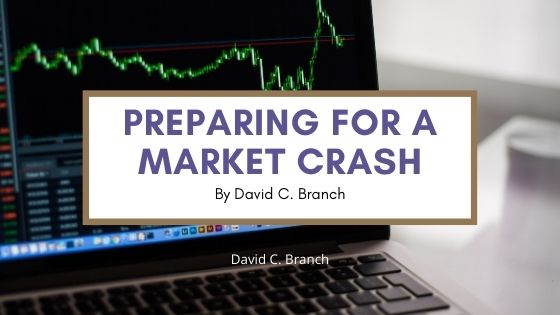Recent events have shown us the ever-changing nature of our economy, forcing many people to reconsider developing failsafe plans. Taking the time now to develop a strategy for dealing with a market crash later can help you rebound faster and with less financial fallout. Here are a few tips to consider.
Bulk Up Your Savings
Your first priority should be to build up a savings account that you won’t touch except in emergencies. On average, 10% of your income should be deposited into your savings account, but, for the time being, you should add more to your savings to build it up faster. At a minimum, your savings should provide you with enough cash for your family to live on for three to six months. Once you have that much saved, you can reduce your deposits to the suggested 10% weekly contributions.List Worthwhile Stocks
As soon as the market crashes, it will start to rebound at a more gradual pace. You can take advantage of these fluctuating market prices if you already know which stocks will rebound faster. In one example, Microsoft dropped to $17 a share in 2009, but the price of that stock has increased by 12 times in the intervening years. Keeping track of good investments now can help you bounce back faster with a stronger investment portfolio after the crash.Invest in Dividend Stocks
When you invest in stocks that pay out quarterly dividends, you’re basically giving yourself a reliable stream of income. These stocks will continue to pay out even when your other sources of income have taken a hit. Throughout market fluctuations, you can count on getting something in the form of dividends. The exact amount will vary based upon the stock’s performance, but it’s still something to rely on in lean times. Just be sure not to liquidate dividend stocks when you’re reacting to a market crash.These tips can help you prepare a solid strategy for rebounding after a market crash. It can also be helpful to know how you’ll tighten your household budget to meet lower earnings levels, so look for expenditures that you can eliminate when it becomes necessary. Those who take the time to prepare are better equipped to survive a market crash without suffering the full effects of that financial devastation.

